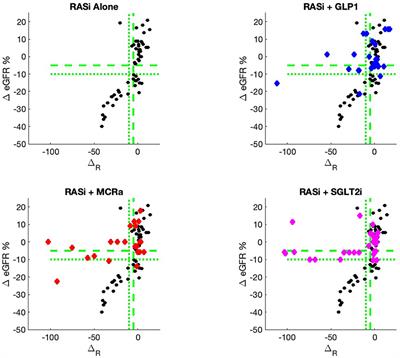EDITORIAL
Published on 21 Jan 2025
Editorial: Changing trends of precision medicine in diabetes
doi 10.3389/fmed.2025.1499934
- 773 views
3,397
Total downloads
12k
Total views and downloads
EDITORIAL
Published on 21 Jan 2025
ORIGINAL RESEARCH
Published on 10 Sep 2024

ORIGINAL RESEARCH
Published on 06 Jun 2024
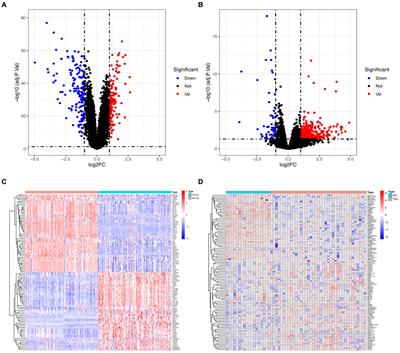
ORIGINAL RESEARCH
Published on 30 Apr 2024
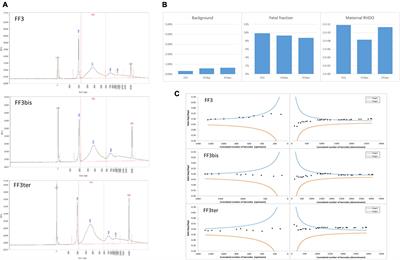
ORIGINAL RESEARCH
Published on 05 Feb 2024
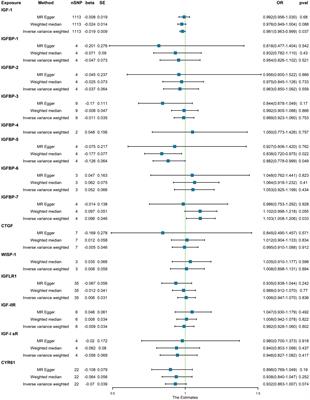
ORIGINAL RESEARCH
Published on 29 Nov 2023
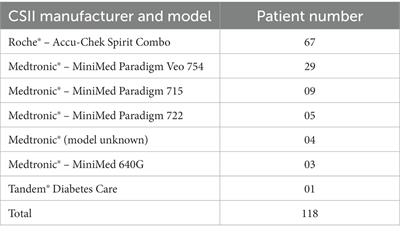
ORIGINAL RESEARCH
Published on 01 Nov 2023
